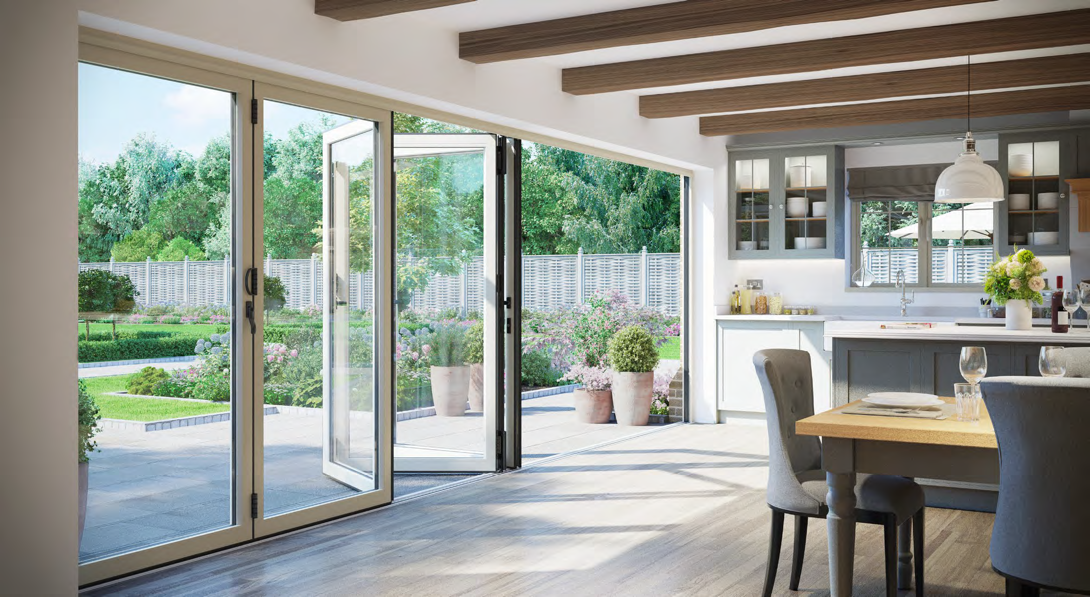5 Killer Quora Answers On Victorian Era Conservatory Design
페이지 정보
작성자 Zac 작성일 25-11-06 18:56 조회 3 댓글 0본문

Victorian Era Conservatory Design: A Glimpse into the Past
The Victorian Era Sunroom Installers era, covering from 1837 to 1901, was a time of substantial social, cultural, and technological change in England and much of the Western world. Identified by grand architectural designs and a fascination with nature, the Victorian Greenhouse Installation conservatory emerged as a popular function of many upscale homes, mixing aspects of art, science, and cultivation. Here, we will explore the design, function, and long-lasting appeal of Victorian conservatories, and how they stay appropriate in modern-day architecture.
The Significance of Victorian Conservatories
Victorian conservatories were more than simply glasshouses; they signified wealth, status, and an appreciation for nature. They served a number of purposes:
- Horticultural Display: For the wealthy, conservatories were a grand showcase for exotic plants, flowers, and fruits, allowing them to flaunt their botanical collections.
- Extend Living Space: These structures served as extensions to the home, supplying a sunlit area for leisure and celebrations.
- Scientific Experimentation: The era was marked by an increasing interest in botany and science, and conservatories typically functioned as research areas for plant cultivation.
Secret Features of Victorian Conservatories
Victorian conservatories are characterized by distinct architectural features, which produce a harmonious blend of energy and sophistication. Below are some critical aspects:
| Feature | Description |
|---|---|
| Materials | Mainly built from iron and glass, allowing natural light to flood the space. |
| Shape | Commonly rectangle-shaped or oval; some featured intricate geometric styles. |
| Decorative Elements | Featured ornate ironwork, stained glass, and detailed woodwork, developing a visual appeal. |
| Roof Structure | Typically equipped with a pitched roof to facilitate water drainage and maximize sunshine direct exposure. |
| Ventilation | Big, operable windows and skylights to enable air flow and temperature control. |
| Surrounding Landscape | Typically incorporated with gardens and patios to produce a serene outdoor space. |
Examples of Conservatory Designs
Victorian conservatories differed greatly in size and intricacy, exemplified by a series of designs that catered to private tastes and preferences:
| Design Type | Description |
|---|---|
| Lean-To Conservatory | Attached to a wall, perfect for smaller areas while taking full advantage of sunlight. |
| Free-Standing Conservatory | A standalone structure frequently located in gardens or lawns, featuring a more fancy design. |
| Circular Conservatory | Designed in a circular shape, providing 360-degree views of the surrounding landscape. |
| Alpine House | Developed for growing alpine plants, featuring a tempered glass roofing system and stone components for insulation. |
The Architectural Evolution of Conservatories
Gradually, the designs of Victorian conservatories developed based on technological advancements and altering societal needs. The intro of brand-new glass producing processes permitted larger panes of glass to be produced, which meant more light could enter. Also, cast iron ended up being a popular material, providing strength and sturdiness.
Table 3: Key Innovations in Conservatory Materials
| Year | Innovation | Effect On Conservatory Design |
|---|---|---|
| 1830s | Intro of Plate Glass | Permitted bigger, clearer windows. |
| 1840s | Cast Iron Framework | Made it possible for more intricate structural styles and toughness. |
| 1860s | Prefabricated Glass Panels | Streamlined construction and decreased costs. |
| 1890s | Tarnished Glass Techniques | Included ornamental components and vibrancy. |
Maintenance and Preservation
While Victorian conservatories are appealing and practical, they likewise need cautious maintenance to preserve their appeal and performance. Common upkeep tasks include:
- Cleaning Glass Surfaces: To guarantee optimal light penetration, regular cleansing is paramount.
- Inspecting Framework: Periodic checks for rust or deterioration are vital, particularly in iron structures.
- Temperature level Regulation: Adequate ventilation must be kept to prevent getting too hot throughout warm months.
- Plant Care: Regular attention is needed for plants within the conservatory to thrive.
Frequently Asked Questions about Victorian Conservatory Design
Q: What is the very best area for a Victorian conservatory?
A: Ideally, a conservatory needs to be placed on the southern or western side of a house to capture maximum sunshine throughout the day.
Q: What plants are ideal for a victorian era Conservatory design - https://a-taxi.com.ua/user/crycover16/, conservatory?
A: Varieties such as ferns, tropical plants, orchids, and seasonal flowers prosper in conservatories, especially those that prefer a humid environment.
Q: Can modern-day materials be utilized in the repair of a Victorian conservatory?

A: Yes, modern-day products such as insulated double-glazing, treated wood, or aluminum can be used to enhance effectiveness while maintaining historic looks.
Q: How do you warm a Victorian conservatory in winter season?
A: Options include underfloor heating, portable electrical radiators, or reflective blinds that keep heat while enabling natural light in.
Victorian conservatories encapsulate the spirit of their time, blending architectural finesse with a gratitude for nature. As spectacular focal points in gardens and homes, they continue to influence contemporary design, symbolizing not just a love for horticulture but likewise the era's technological innovations. Whether one thinks about building a new conservatory or preserving an old one, understanding their design and significance can boost both gratitude and functionality in today's settings.
In exploring their ageless appeal and functionality, we commemorate the Victorian Style Conservatory era's withstanding tradition, inspiring modern analyses of a timeless architectural aspect.
- 이전글 부산달리기 최신주소 ♥️【BUDAL22.NET】♥️ 부달 바로가기
- 다음글 Interesting u31 Games at Leading Thailand Online Casino
댓글목록 0
등록된 댓글이 없습니다.